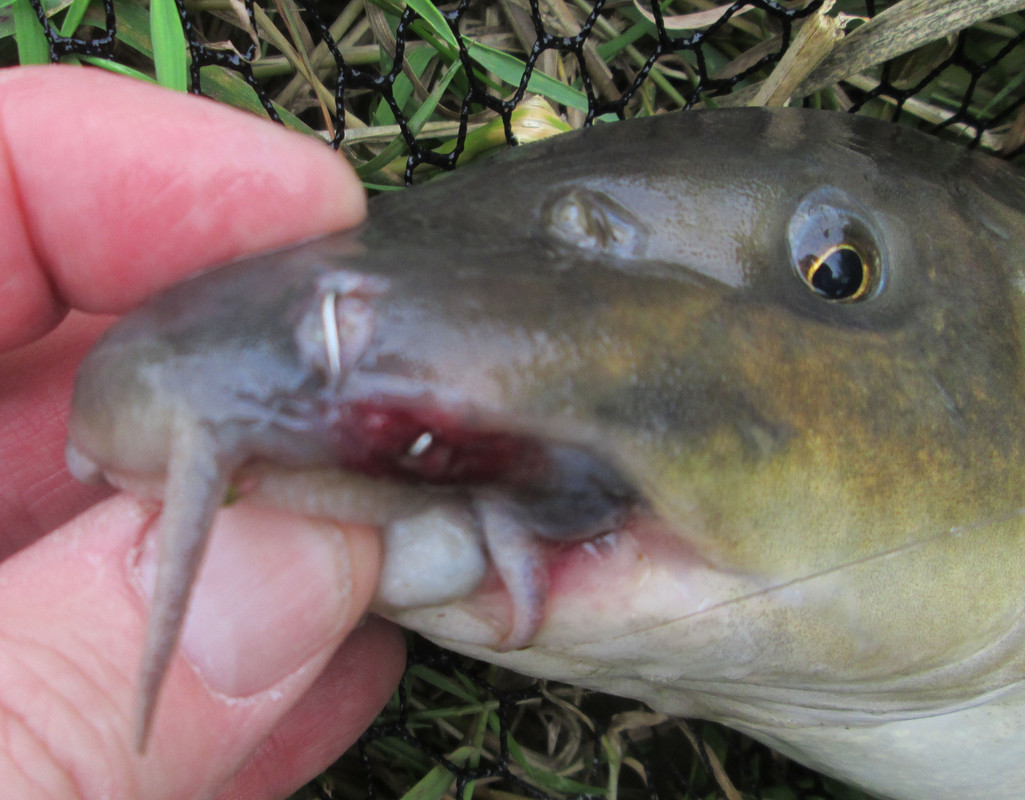Richard Isaacs
Senior Member & Supporter
Ian I have also caught a lot of fish on barbless hooks. and been snagged on afew occasions it’s not my first rodeoThe hook falling out in a landing net is totally different to it falling out of a fish tethered in a snag.
I have caught fish using barbless hooks.
You won’t deny that the correct way to play a fish on a barbless hook is with a consistent tight line. Obviously you should do this with any hook but on a barbless if you don’t, particularly if there is weight in the rig, your almost certainly going to loose the fish.
Now going back to being snagged, if that line does go solid despite what other people might do, I don’t keep pulling, I open the bail and depending on what type of hook Im using I get very different results.
On a barbed hook it’s very often that the fish swims through the snag and you can feel it or it starts to take line and there’s a chance that if your patient it will swim out and maybe and you’ll land it, there’s also a chance you won’t and that’s how it goes.
This doesn’t happen with barbless hooks. I know for a fact because I’ve had them swim into snags before and the second you open the bail and let that line go slack the hook shakes free. You don’t feel them kicking and there’s no chance your landing it.
Eventually in both situations you might have to pull for a break but in only 1 case is it likely that you’re going to be pulling for a break with a fish on. And I know this because I’ve used both for years. I’ve never had a fish snag me on a barbless hook that I can still feel kicking or is taking line off me when I let the line go slack and that situation is the same as if you would let the line go slack while playing one on a barbless hook.

